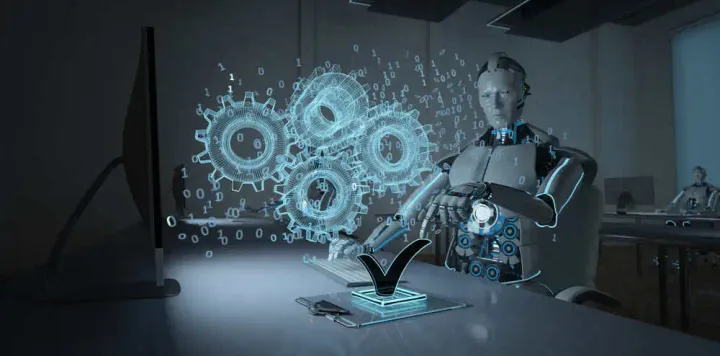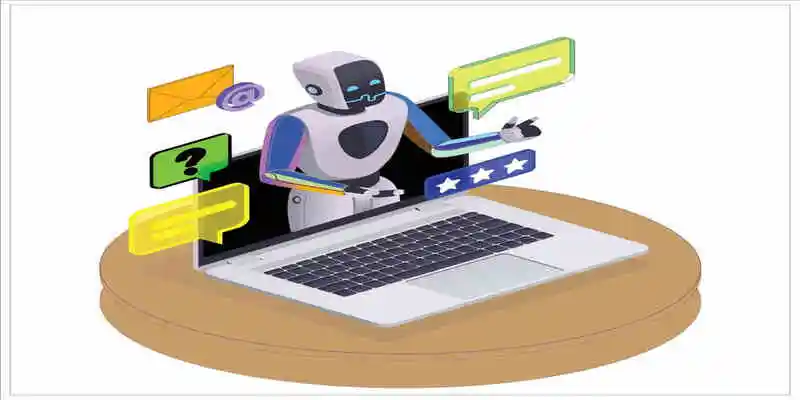How Has Technology Changed Education
Does technology inspire you? Let's find out the profound changes technology has brought to education. It has revolutionized learning processes, enhanced access to information, and empowered students. Explore the benefits of eLearning, ethical concerns, and prospects of tech-driven education.
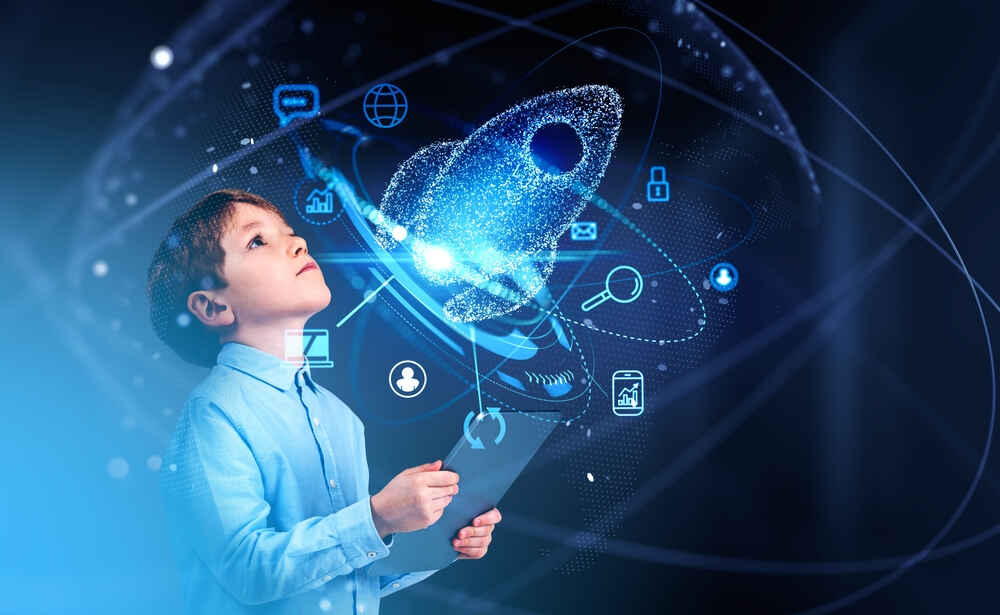
In the blink of an eye, technology has permeated every facet of our existence. None of the various sectors it has infiltrated is as prominently affected as education. This article embarks on a comprehensive journey to explore the profound and wide-reaching ways technology has reshaped education.
The Digital Age: A New Era of Learning
The digital revolution has brought forth a new learning era called Digital Learning. Technology-enabled modern education has drastically extended access to education while simultaneously changing conventional learning paradigms.
E-Learning: Breaking Geographical Boundaries
Technology has eradicated the geographical boundaries that once hindered learning. With the advent of e-learning platforms, quality education is no longer the prerogative of the few but the right of the many.
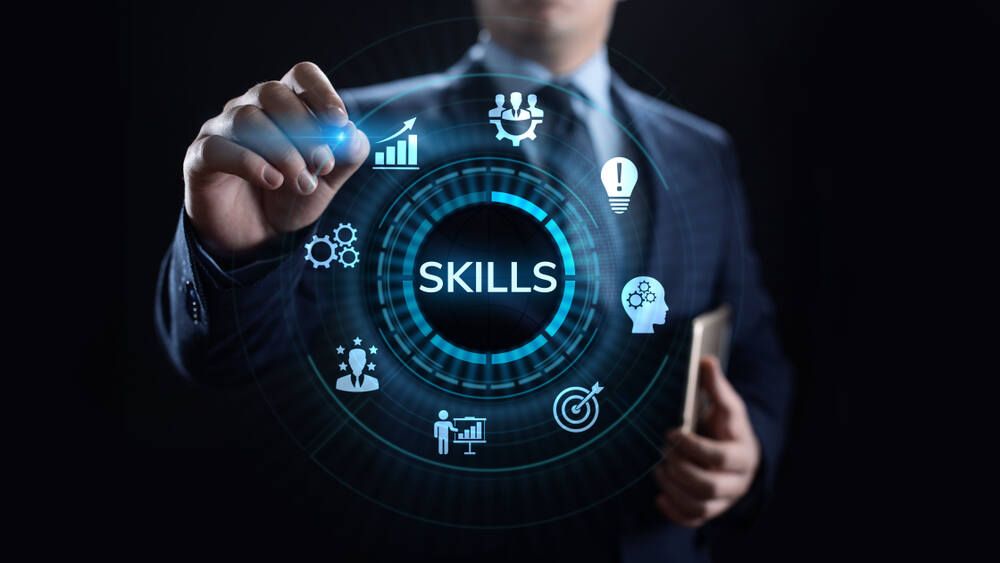
Coursera, Udemy, Khan Academy, and other websites provide many courses from world-renowned universities. These platforms have leveled the educational playing field, allowing anybody with an internet connection to learn, acquire new talents, and even obtain degrees.
Technology has transformed many elements of our life, including the speed with which things are accomplished and how paperwork is managed. It has dramatically streamlined the procedure, making it quite simple for people needing clarification about how to begin writing an essay or paper. Fortunately, there is a remedy. Students may gain access to the necessary material and ensure they finish their projects properly by using the services from Writemyessayforme.cheap.
Digital Learning Tools: Revolutionizing Classroom Interactions
Digital learning tools like Google Classroom and Microsoft Teams have entirely transformed traditional classroom dynamics. These tools facilitate real-time interactions, making collaboration between students and teachers seamless. They offer platforms for virtual classrooms, assignment submissions, quizzes, and progress tracking. By bringing students and teachers together in a virtual space, they are enhancing the quality of the learning experience.
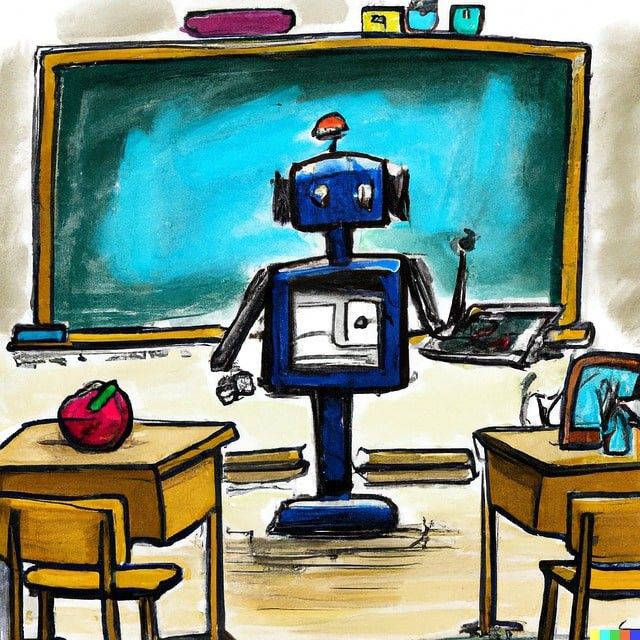
Technology's Impact on Pedagogy: A Shift in Teaching Methodologies
Technology's role in education isn't confined to student learning; it has also drastically altered teaching methodologies.
Interactive Learning: Making Lessons Engaging
Gone are the days of passive learning, with teachers lecturing at the front of a classroom. With technology, education has shifted towards interactive learning. Teachers can now use interactive whiteboards, digital simulations, and virtual labs to present visually appealing and interactively complex concepts, improving student comprehension and retention.
Personalized Learning: Catering to Individual Needs
Every learner learns in different ways or at a different rate. Personalized learning, a pedagogical technique that adapts to each student's unique learning style and speed, has been made possible by technology. Adaptive learning software, for example, analyzes a student's performance and adapts the curriculum to meet their learning needs.
Empowering Special Education with Technology
One of the most transformative impacts of technology in education is its role in special education.
Assistive Technology: Leveling the Field
Students with limitations can learn more efficiently with the help of assistive technologies. These students can engage in class activities and complete assignments using speech-to-text software, specialized keyboards, and other aids, ensuring they have the same learning chances as their peers.
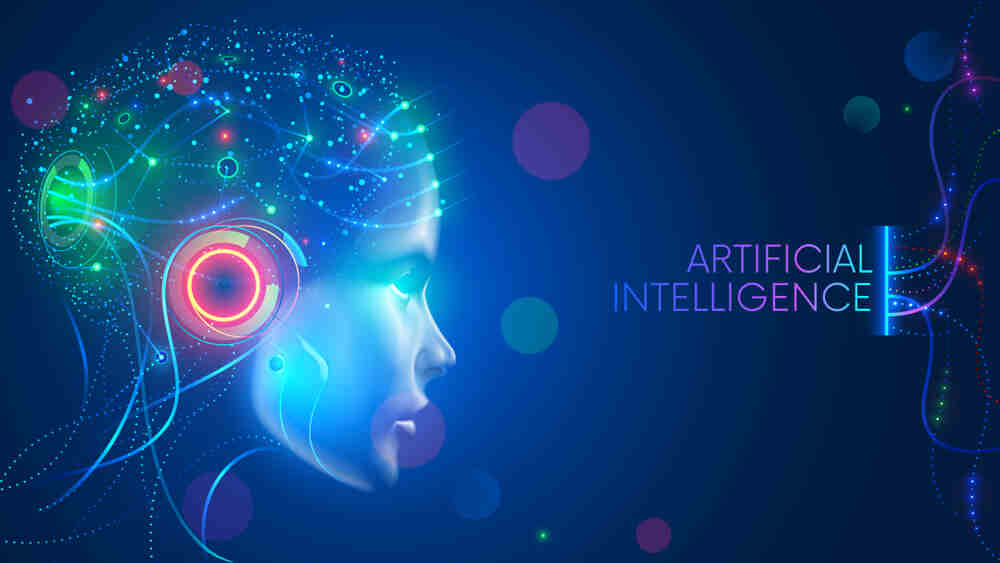
Looking Ahead: The Future of Education and Technology
As we move forward, the role of technology in education will become even more prominent.
Immersive Learning with Virtual Reality (VR) and Augmented Reality (AR)
Virtual Reality (VR) and Augmented Reality (AR) have enormous educational potential. These technologies can potentially build immersive, interactive learning environments that allow students to obtain hands-on experience in a regulated context. They can visit historical locations, conduct science experiments, and even navigate the human body from the comfort of their own home or classroom.
The Role of AI in Education
Gone are the days of passive learning, with teachers lecturing at the front of a classroom. With technology, education has shifted towards interactive learning. Teachers can now use interactive whiteboards, digital simulations, and virtual labs to present visually appealing and interactively complex concepts, improving student comprehension and retention. This was of the findings of a recent survey about AI in Education conducted by Slidesgo, 71% of the teachers agree that AI is improving the quality of their day-to-day work with the students and making the learning experience better.
Artificial Intelligence (AI) is one of the most exciting educational prospects, with its promise of automating processes and personalizing experiences. AI can provide a wide array of benefits for educators and students alike.
AI-driven Assessment and Feedback
AI can aid in assessing student work and providing immediate, personalized feedback. Machine learning algorithms can evaluate students' assignments, freeing up time for teachers to focus more on in-class instruction and interaction. Furthermore, AI can spot patterns in a student's performance, identifying areas of strength and weakness, thus allowing for more targeted interventions.
Adaptive Learning Powered by AI
AI can drive adaptive learning systems to a new level. By continuously analyzing a student's performance and learning patterns, AI can tailor educational content to match each student's needs. This customized approach to learning promises to increase student engagement and boost academic performance.
AI Tutors and Teaching Assistants
AI can also be a tutor or teaching assistant, available 24/7 to answer students' questions. With natural language processing capabilities, ChatGPT can understand queries, provide answers, and even explain complex concepts, providing a supplemental learning resource for students.

The Ethical Considerations of Technology in Education
As technology becomes an increasingly integral part of education, it's essential to consider the ethical implications that arise.
Data Privacy and Security
In an age where data is the new gold, ensuring the privacy and security of student data is a significant concern. With learning management systems, AI tools, and other EdTech applications collecting vast amounts of data about students, it's essential to have strong safeguards to protect this sensitive information.
Digital Divide
While technology can democratize education, it also has the potential to deepen the digital divide. Students need to have equal access to technology or high-speed internet. Policymakers and educators must work together to ensure digital equity so all kids can benefit from technologically enhanced educational possibilities.
Responsible Use of Technology
Promoting the responsible use of technology is another critical aspect. Students should be educated about digital citizenship, which includes online etiquette, understanding the credibility of online information, and being aware of the potential risks of sharing personal information online.
Conclusion
Finally, the impact of technology on education is far-reaching and revolutionary. It has lowered obstacles, increased access, and transformed teaching and learning methodologies. Does technology offers a good career opportunity? While technology has already altered education in a variety of ways, the ongoing evolution of technology promises to bring even more exciting advancements in the future. It will be intriguing to witness how technology continues influencing education and learning as the digital age unfolds.

